Dubai | December 10, 2023
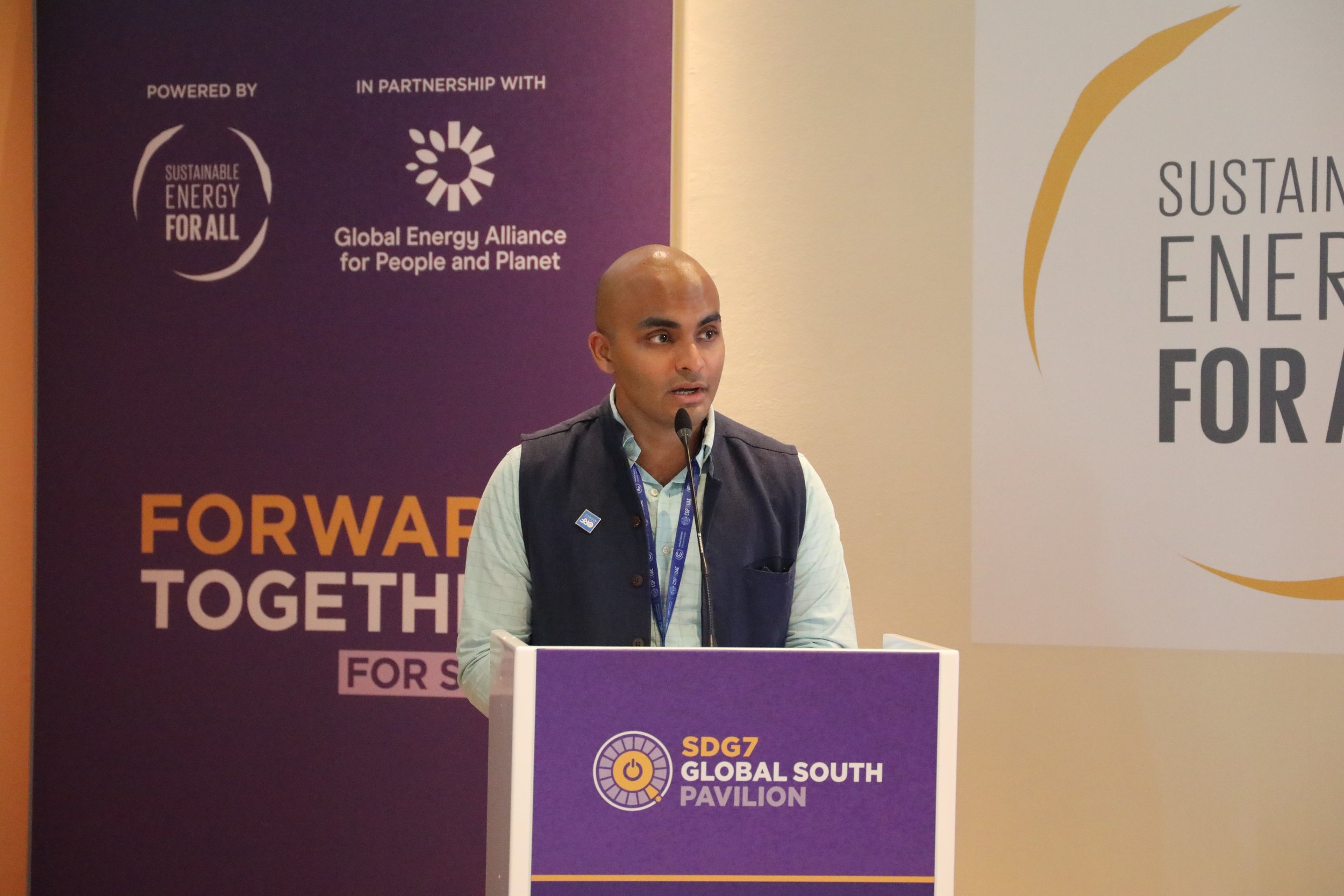
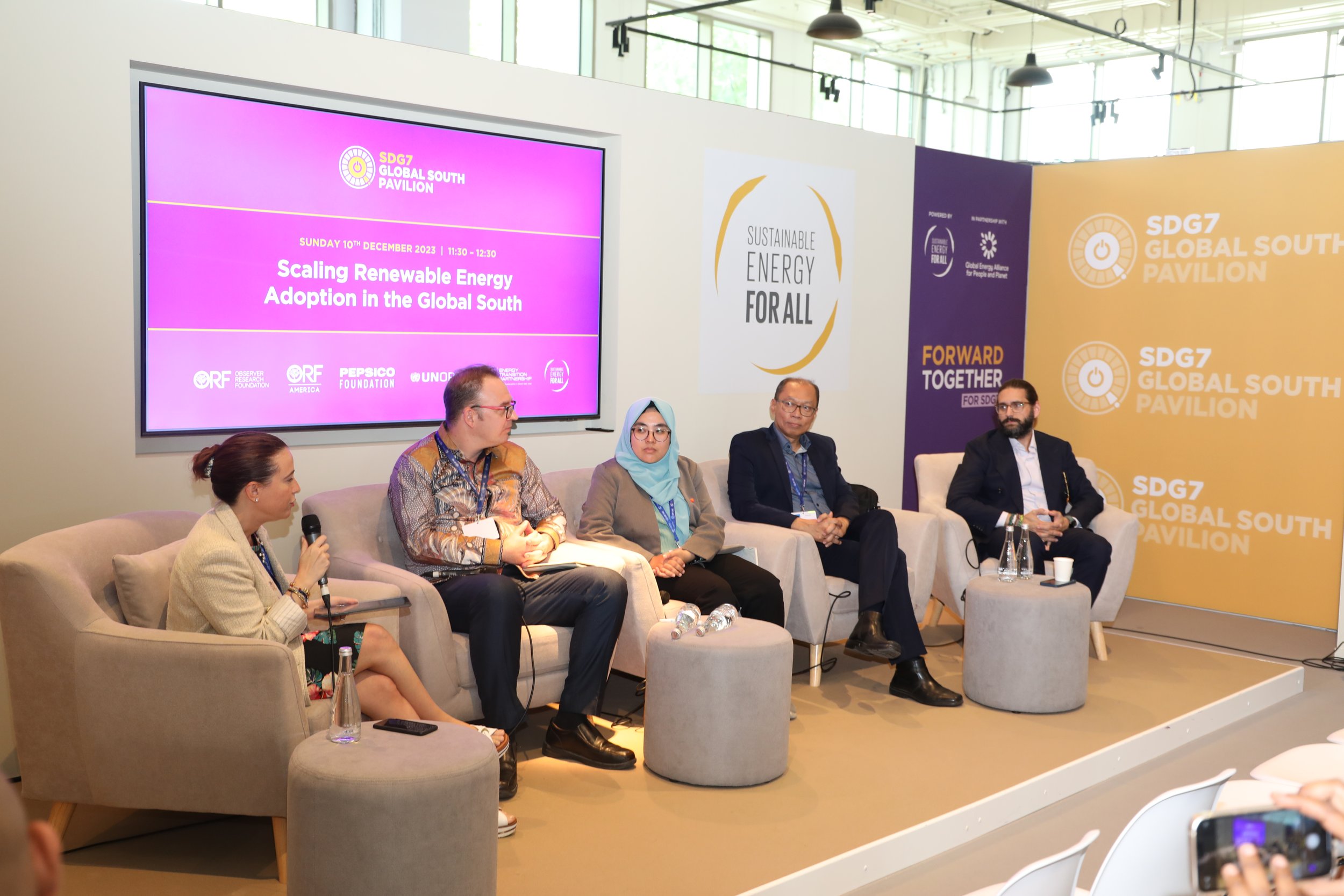
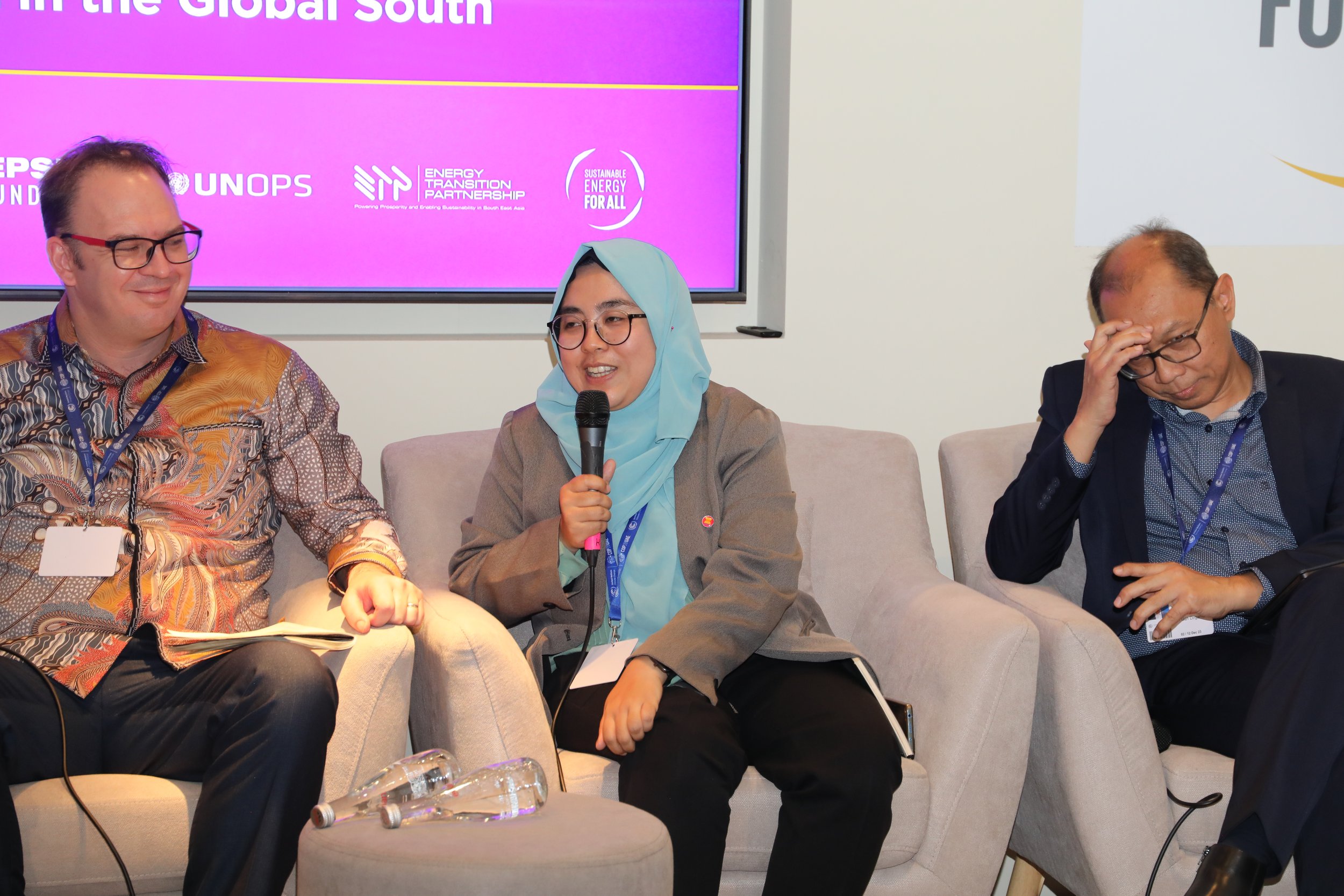
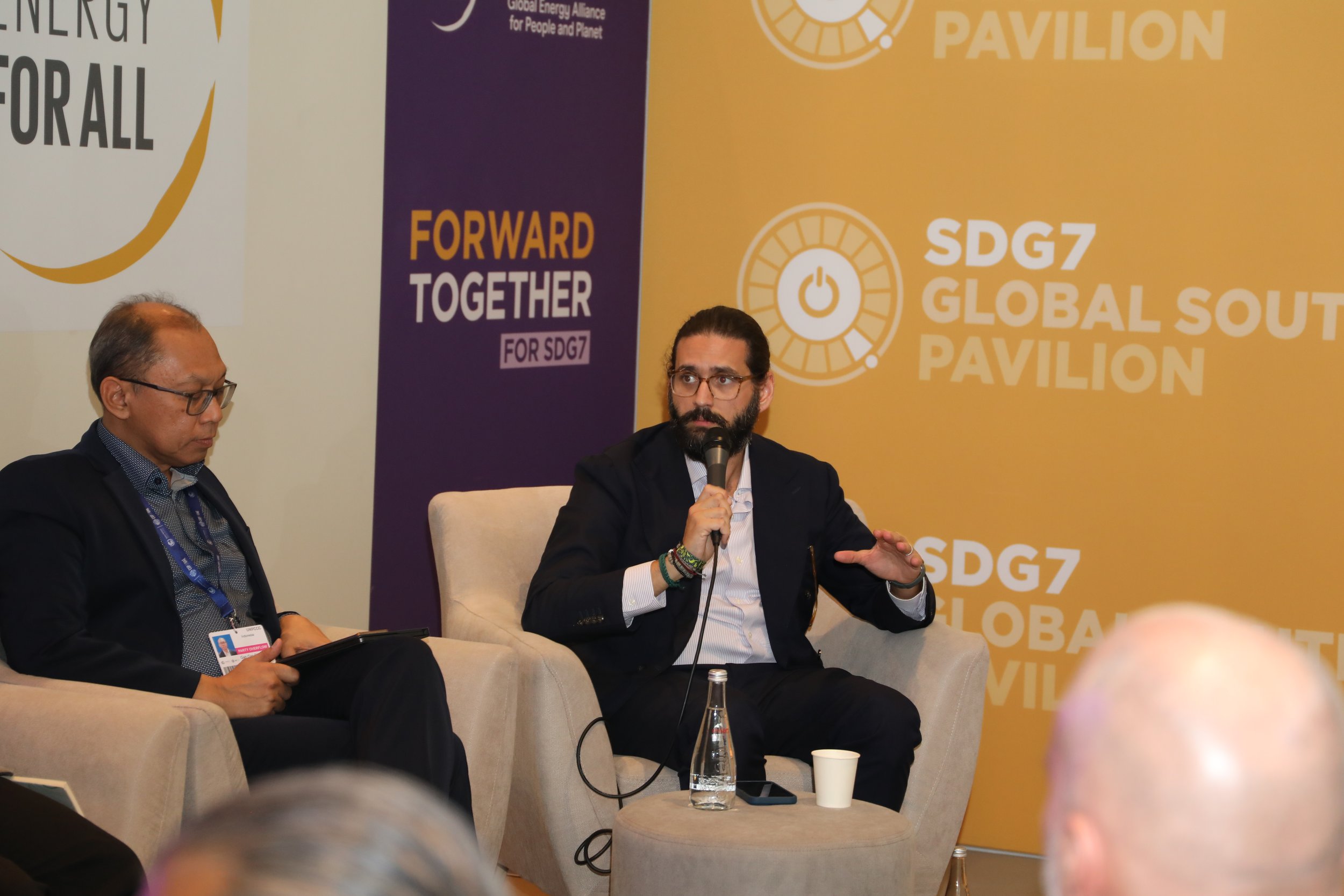
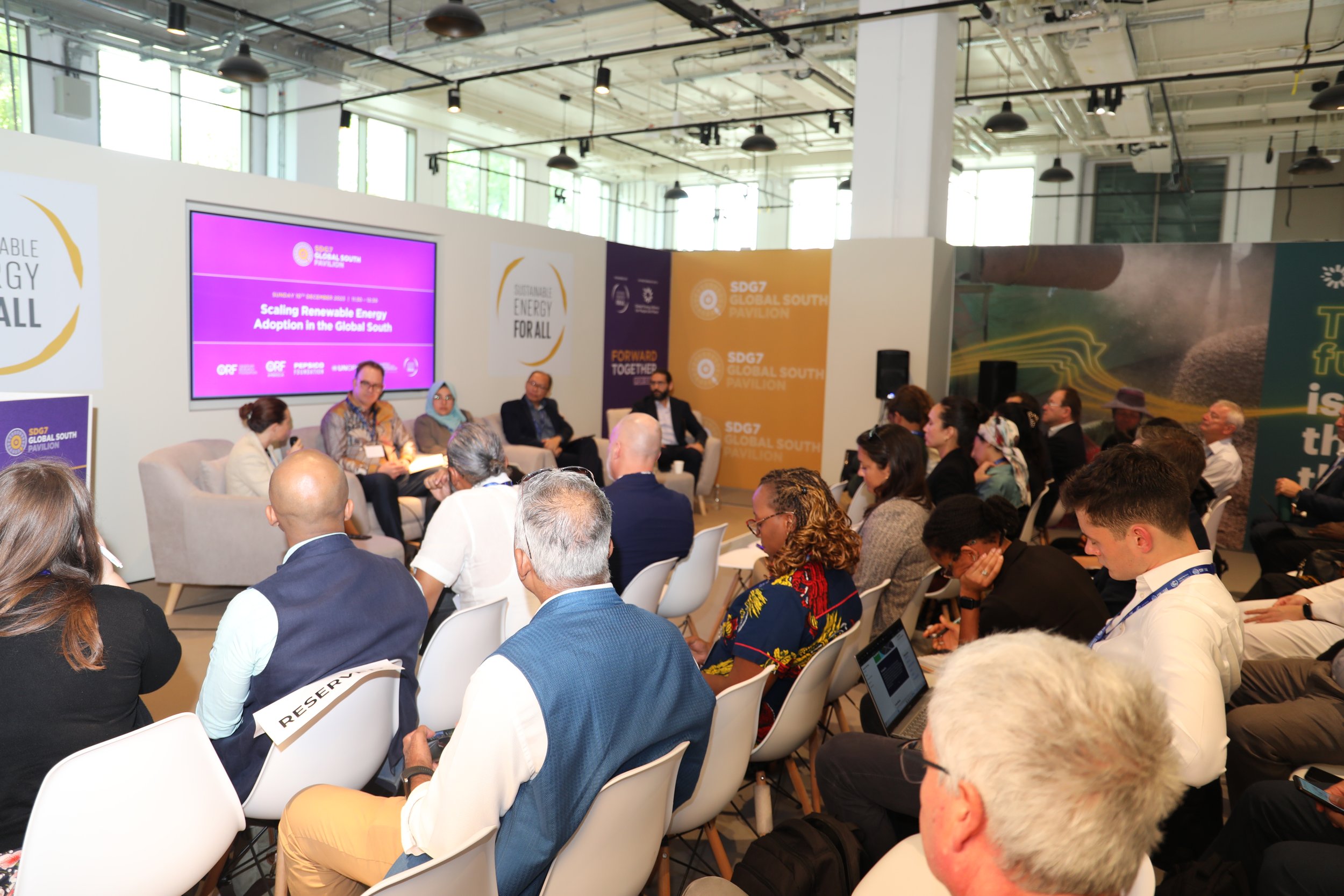
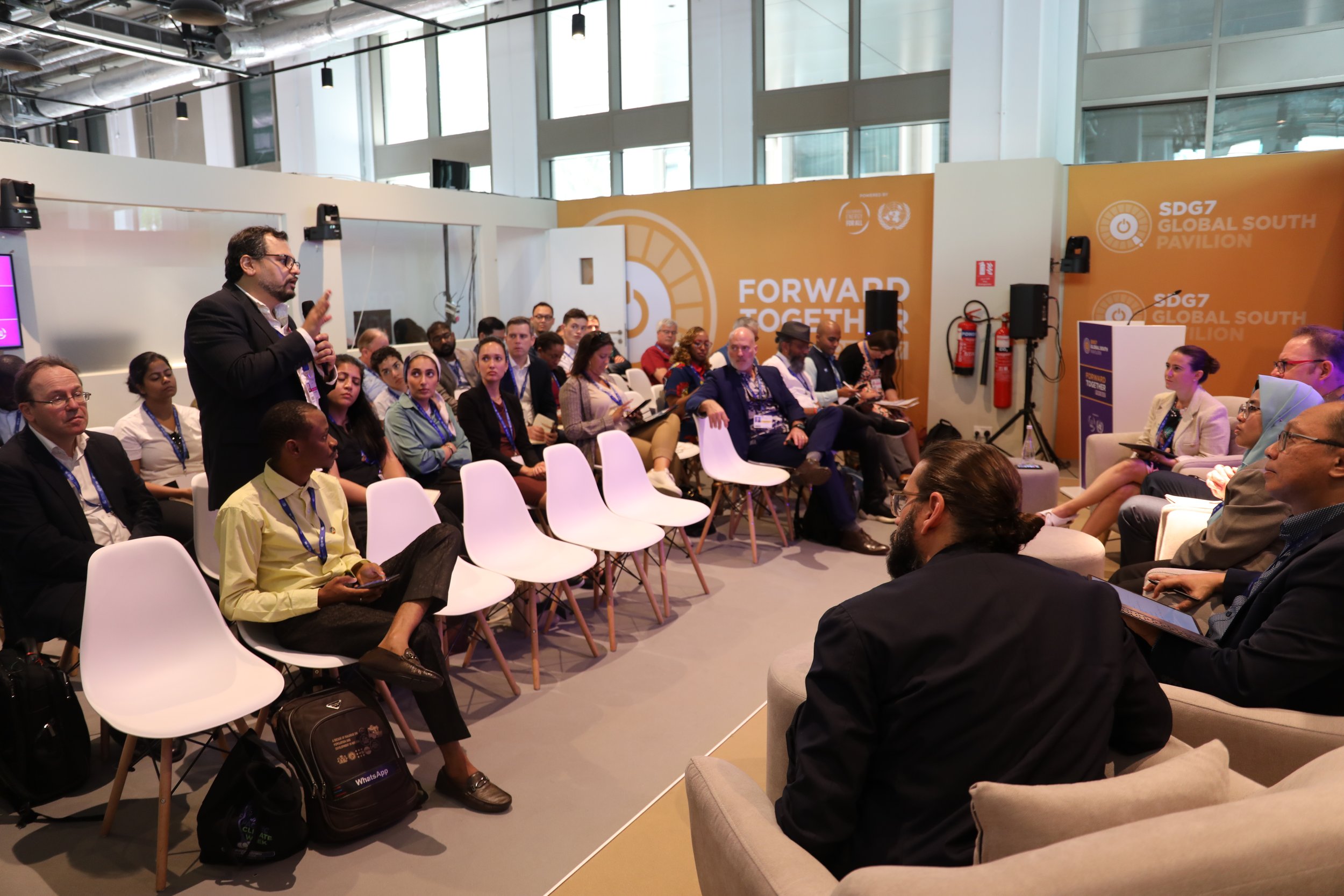
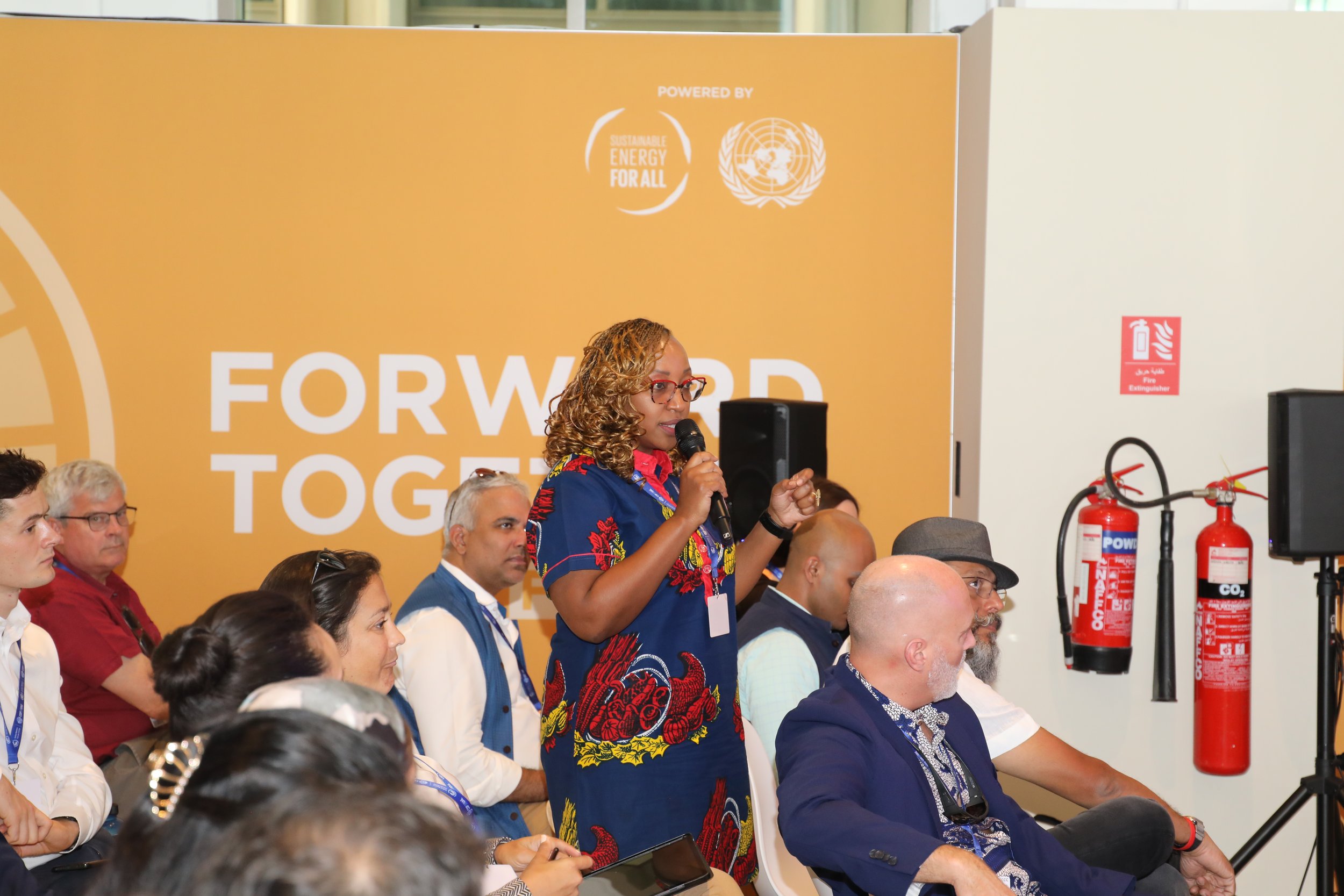
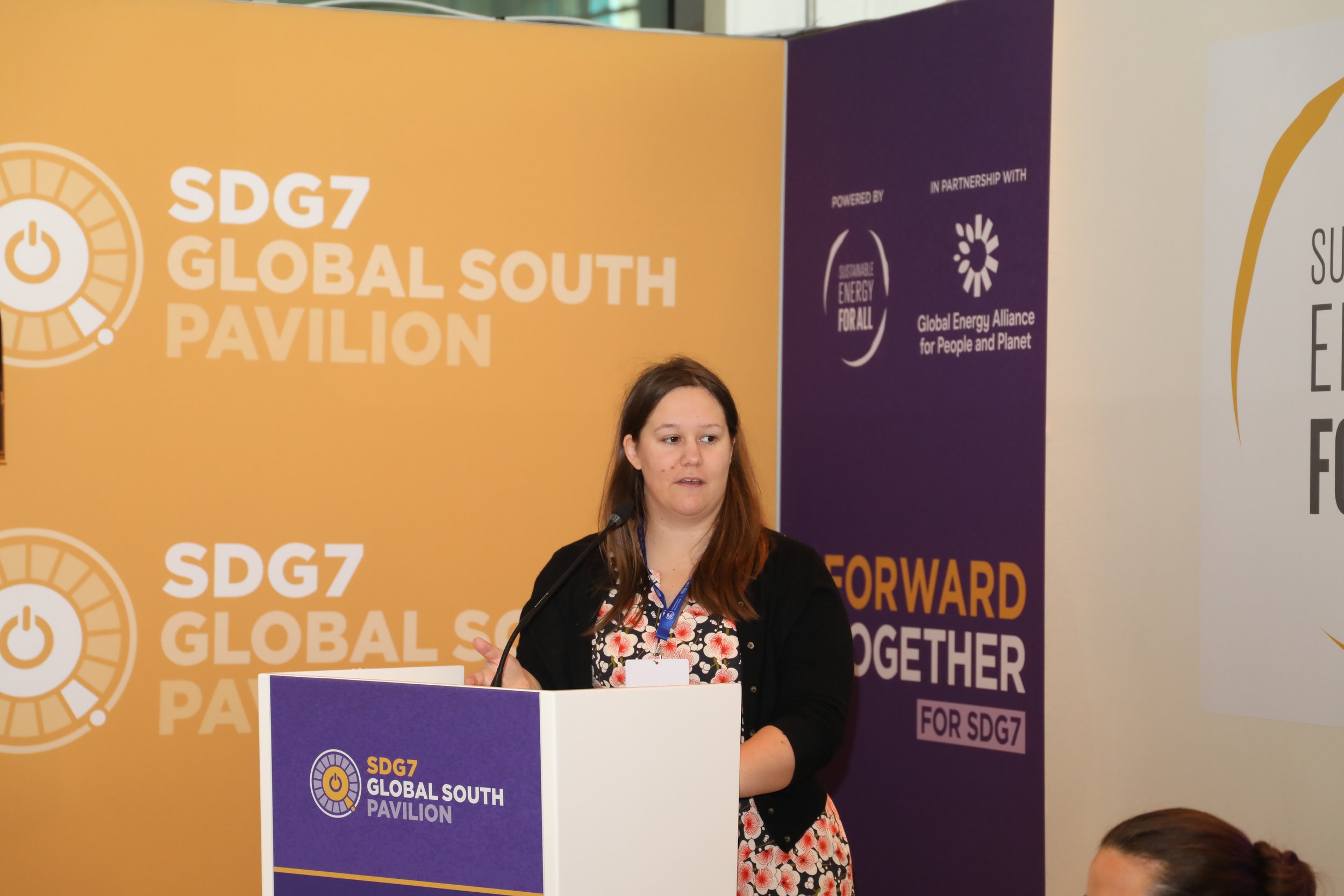
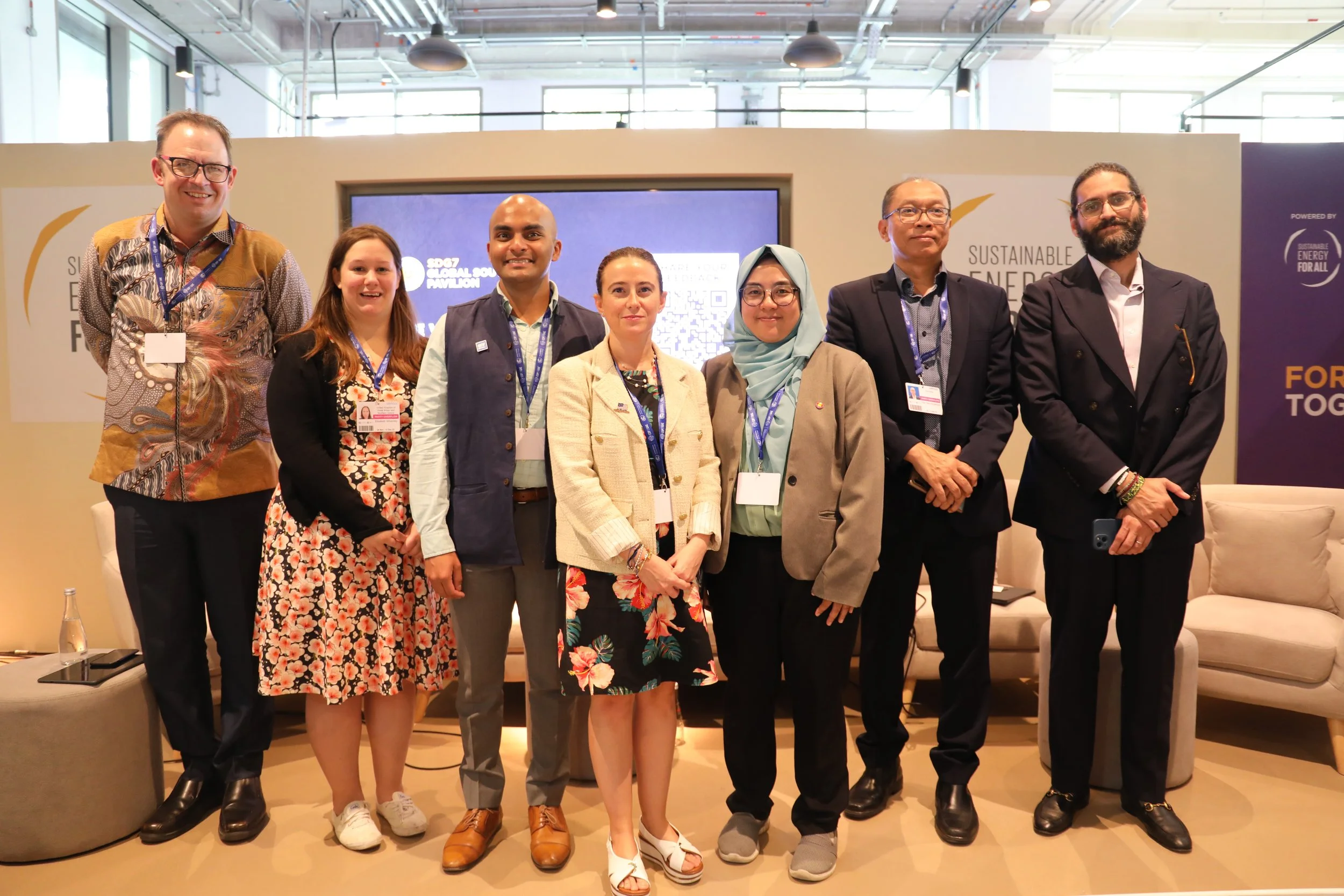
Background
Observer Research Foundation America (ORF America) hosted a panel discussion (in-person) at COP28 in partnership with Observer Research Foundation, UNOPS, Energy Transition Partnership, and Sustainable Energy for All (SEforALL), and PepsiCo Foundation.
Renewable Energy will be a key driver of the energy transition. Nevertheless, the financial resources and technologies required for scaling up these energy sources remain predominantly concentrated in the Global North, while the greatest potential for expanding their adoption lies in the Global South. Going forward, resolving this dichotomy will be essential to achieve the Paris climate goals.
In a world committed to achieving climate targets, Asia stands at the forefront of the electric revolution, with unprecedented opportunities in renewable energy supply chain manufacturing. Revised NDCs, Long-Term Strategies and Energy Transition Plans in the APAC region underscore the importance of low-carbon power systems and regional manufacturing capacity.
How can renewable energy be harnessed not only to green the grid but also to address energy accessibility challenges in Global South countries, and especially in Asia? What are the key barriers that continue to hinder their growth? How can the technological and financial divide between the Global South and North be resolved such that the developing world can fully reap the benefits of wind and solar energy?
This event serves as a platform for countries, experts, and institutions to explore ambitious pathways for renewable energy deployment and regional supply chain strengthening, bridging the gap between theory and action. We attempt to uncover evidence-based strategies for power interconnection and manufacturing supply chain empowerment on the road to a net-zero future.
Discussion Brief
Panelists first discussed the role of the private sector in enabling renewable energy adoption in developing countries. Corporate targets to fulfill electricity demand from renewables form a key part of how the private sector can spur renewable energy adoption; however, this is more challenging in developing regions due to lack of transparency in electricity contracts and lack of enabling policy environments. Moreover, for companies whose greenhouse emissions stem predominately from non-energy sources, like agriculture, renewable energy adoption would offer limited ways to reduce corporate emissions footprints.
The role of contracts and enabling policy environments remained consistent themes of discussion. Likewise, panelists indicated stronger power grids in developing regions will enable renewable energy supply to meet electricity demand. Without sufficient power grid capacity, there is a potential for renewable power supply to outpace demand, thus wasting valuable energy. Several topics of discussion fell under the purview of enabling policy environments. These include having adequate market structures that price electricity more precisely according to supply and demand, consistent power demand to give signals to renewable energy project developers, and issues of land and local stakeholder consultation. To address these challenges, developing countries in southeast Asia for example, could better leverage their strengths and benefit from technical assistance from philanthropic and public sources. The discussion concluded with a recognition that renewable energy deployment offers opportunity for developing regions to simultaneously address development and climate goals.
Speakers:
John Cotton, Senior Program Manager, Southeast Asia Energy Transition Partnership
Gan Gan Dirgantara, Head of Environmental, Social and Technical Evaluation Division, PT Sarana Multi Infrastruktur (Persero)
Wael Ismail, Vice President for Corporate Affairs for Africa, the Middle East and South Asia, PepsiCo
Irina Lazzerini, Principal Specialist, Clean Energy, SEforALL
Monika Merdekawati, Research Analyst, ASEAN Centre for Energy
Shayak Sengupta, Fellow in Energy & Climate, ORF America
Liz Wharmby, Asia Pacific Lead, Department for Energy Security and Net Zero, UK Government

